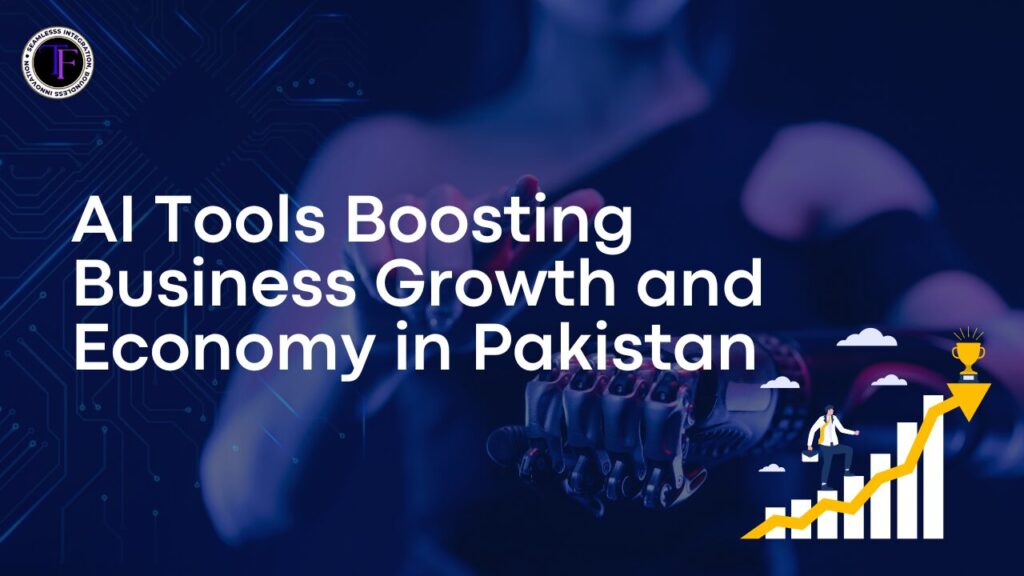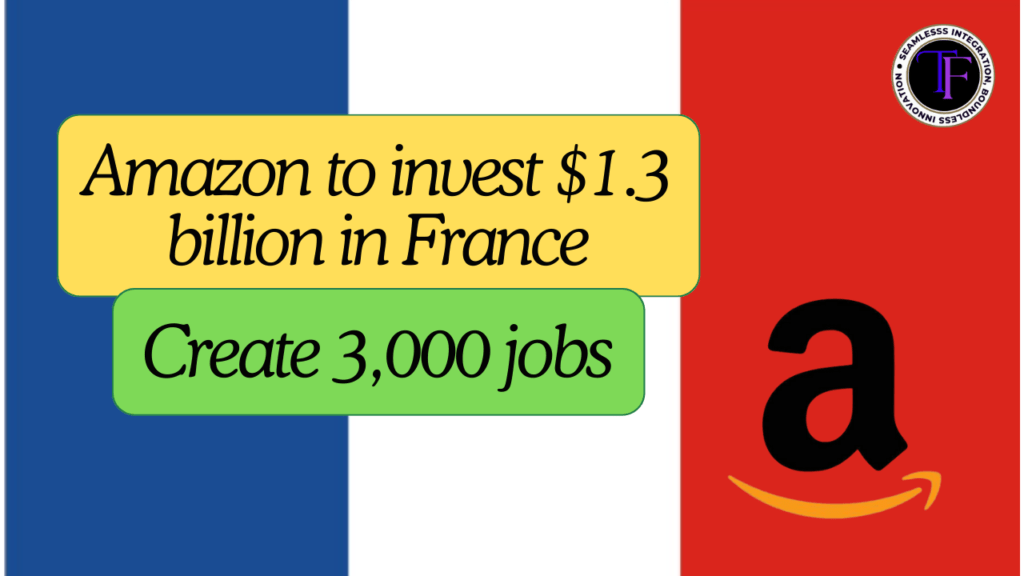In the dynamic landscape of the current enterprise world, science is enjoying a pivotal role in reshaping the way organizations identify, hire, and collaborate with tech freelancers. This paradigm shift is pushed by the increasing demand for specialized skills, flexibility, and cost-efficiency. As organizations proceed to embrace remote work and project-based engagements, the need for tech freelancers has surged, leading to the emergence of modern systems and techniques that harness the electricity of technology.
In this digital era, organizations are turning to online freelancing platforms that act as a bridge between employers and skilled tech freelancers. These systems provide a streamlined procedure for posting projects, reviewing freelancer profiles, and assessing their past work. One such platform, Upwork, has revolutionized the way agencies locate tech freelancers.
According to Shilpa Jain, CEO, Begig “Hiring tech-based freelancers in India affords a compelling solution. India has a sizeable pool of educated IT specialists in programming, web development, design, and more. The financial aspect stems from decreased income expectations in contrast to Western counterparts, coupled with finely honed specialized skills. This mixture presents an undeniable choice for agencies striving for excellence whilst managing expenses. Gig working systems such as ours have made collaboration more basic with specialized matching algorithms and rapid turnaround time. Adding to this, India’s sturdy digital framework and English fluency facilitate seamless cross-border communication. Thus, the synergy of proficiency, cost-effectiveness, and connectivity designates India as the closing hub for hiring tech freelancers.”
Similarly, agencies leverage artificial intelligence and information analytics to perceive the right tech freelancers for their projects. These applied sciences analyze freelancers’ portfolios, shape their skills with assignment requirements, and even predict project success rates.
“Technology has considerably altered the way many people work, especially freelancers. No one can deny the impact of technological developments on the workplace. Many workers, such as freelancers, have benefited from this technological revolution. The variety of employers who now pick to appoint freelancers, mainly for tech-based roles has increased substantially after the big highs and dire lows the tech industry in India experienced at some point and post-pandemic. Further, humans now have more avenues to upskill themselves besides having to physically attend lectures or classes, for that reason helping them generate secondary earnings more without difficulty than before. Also, geographical boundaries are less enormous now, as new-age tools enable cross-boundary job opportunities that appear less complicated to achieve! Hence, technological developments have drastically improved how corporations hire freelancers, and even greater so how freelancers seem to be for employment” said Sumit Kumar, Founder and CEO at Headsup Corporation.
Moreover, collaboration equipment and verbal exchange platforms are fostering seamless interactions between in-house groups and faraway freelancers. This integration of equipment has redefined the typical work structure. The need for tech freelancers shows no signs and symptoms of slowing down. The ever-evolving tech landscape needs various abilities that full-time employees might not possess. Furthermore, the gig financial system appeals to gurus looking for autonomy and flexibility. As the demand grows, freelancers are becoming an integral part of employer ecosystems.
Technology is reshaping the way groups employ tech freelancers, revolutionizing the hiring manner via online platforms, AI-driven assessments, and collaboration tools. As greater businesses recognize the advantages of this paradigm shift, the tales of Upwork and revolutionary hiring tools underscore the transformative strength of technology in meeting the surging demand for specialized tech skills. With science as the riding force, the synergy between groups and tech freelancers is poised to define the future of work.











